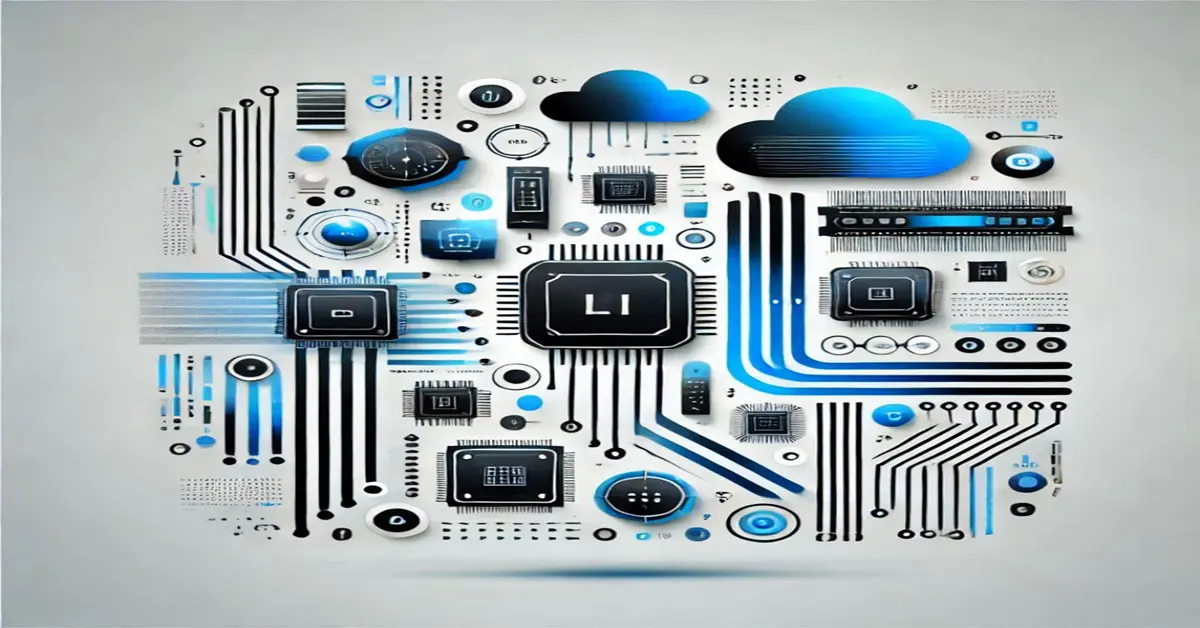Japan’s New Energy Strategy: A Path to Decarbonization

Japan is embarking on a transformative journey to reshape its energy landscape. The country aims to meet rising electricity demands while adhering to its decarbonization goals. A government-backed panel of experts has proposed a new energy strategy that emphasizes the dual use of nuclear power and renewable energy sources. This ambitious plan targets a significant increase in renewable energy, aiming for 40-50% of the energy mix by 2040. Additionally, nuclear energy is expected to contribute 20% to the energy supply, marking a shift from previous policies that sought to phase out nuclear power following the 2011 Fukushima disaster. These initiatives are crucial for ensuring energy security and achieving net-zero emissions by 2050.
Key Objectives Outlined in the Draft Policy
The Industry Ministry’s proposed energy policy outlines several key objectives. The primary goal is to make renewable energy Japan’s main power source. By 2040, the country aims to achieve a renewable energy share of 40-50%. This ambitious target reflects Japan’s commitment to transitioning to cleaner energy. Alongside renewables, nuclear energy will play a vital role in providing stable and low-carbon electricity. The plan includes restarting idled reactors that meet updated safety regulations and constructing next-generation reactors at decommissioned sites.
To address the growing energy needs of data centers and semiconductor factories, the strategy includes a significant reduction in coal usage. The government encourages investment in advanced solar technologies and portable energy solutions. However, experts have raised concerns about the feasibility of these targets. The slow progress in restarting reactors and obtaining regulatory approvals could hinder the realization of these ambitious goals. The draft policy will undergo public consultation before being reviewed by the Cabinet in March, highlighting the importance of stakeholder input in shaping Japan’s energy future.
Challenges in Meeting Nuclear Targets
Despite the clear objectives, Japan faces significant challenges in meeting its nuclear energy targets. Experts have pointed out that restarting all 33 operational reactors is a daunting task. Industry Minister Yoji Muto emphasized the importance of achieving decarbonized energy security for the country’s economic growth. However, critics argue that the draft policy lacks specific timelines for phasing out fossil fuels. The heavy reliance on successful cost reductions in renewable energy development raises further concerns.
The path to restarting reactors is fraught with obstacles. Regulatory approvals can be slow, and public sentiment towards nuclear energy remains cautious after the Fukushima disaster. The government must navigate these challenges carefully to ensure a balanced energy mix. The proposed plan represents Japan’s dual approach of leveraging both nuclear power and renewable energy to meet its growing energy needs and decarbonization commitments. As the country moves forward, it will need to address these challenges head-on to achieve its ambitious energy goals.
The Road Ahead: Balancing Energy Needs and Environmental Goals
Japan’s new energy strategy marks a significant shift in its approach to energy production. The focus on maximizing nuclear power and expanding renewable energy sources reflects a commitment to balancing energy needs with environmental goals. As the country grapples with increasing electricity demand, the proposed plan aims to ensure energy security while striving for net-zero emissions by 2050.
The success of this strategy will depend on several factors. First, the government must effectively communicate the benefits of nuclear energy to the public. Building trust and ensuring safety will be crucial in gaining public support for reactor restarts. Second, investment in renewable energy technologies must accelerate. This includes not only solar and wind but also innovative solutions that can meet the demands of modern industries.
Observer Voice is the one stop site for National, International news, Sports, Editor’s Choice, Art/culture contents, Quotes and much more. We also cover historical contents. Historical contents includes World History, Indian History, and what happened today. The website also covers Entertainment across the India and World.

